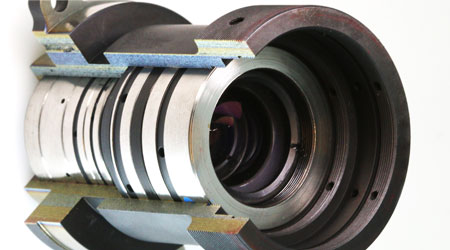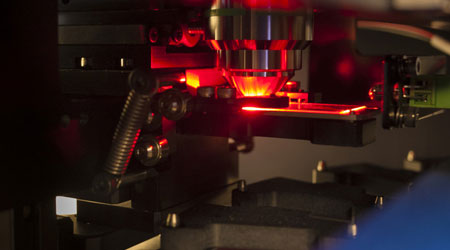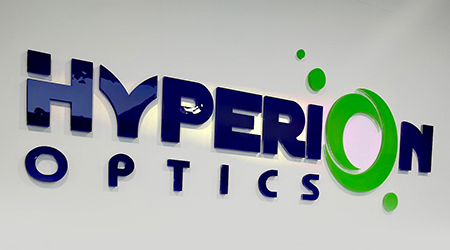Modern optical engineering has revolutionized numerous industries, from telecommunications and healthcare to precision manufacturing and scientific research. At the heart of many optical systems lies a crucial component: the laser collimator lens. Today, we'll delve into the role of laser collimator lenses in optical engineering, examine their applications, understand their design intricacies, and explore Hyperion Optics' contribution to this field.
Collimation refers to the process of aligning light rays to be parallel, thereby ensuring that a beam does not spread as it propagates over distance. Laser collimator lenses are specialized optical components designed for this purpose. These lenses are essential in maintaining beam quality, precision, and consistency over long distances, which is critical in various optical systems.
Laser collimator lenses work by taking divergent light from a point source and transforming it into a parallel beam. This conversion is fundamental for applications requiring high precision, such as in laser cutting, medical imaging, and high-resolution spectroscopy.
One of the primary applications of laser collimator lenses is in the field of telecommunications. Fiber optic communication systems rely on these lenses to maintain signal fidelity over long distances. By minimizing beam divergence, collimator lenses ensure that data transmission remains fast, reliable, and efficient.
In the medical field, laser collimator lenses are pivotal in imaging and diagnostic devices. For instance, in optical coherence tomography (OCT), a non-invasive imaging technique, collimated light beams provide high-resolution images of internal body structures. This precision is crucial for early disease detection and monitoring.
Additionally, laser collimator lenses find extensive use in scientific research laboratories. Whether it's in particle physics experiments or in the development of new materials, these lenses play a vital role in ensuring the accuracy of experimental results. They are also integral to various types of spectroscopy, where the quality of the collimated laser beam can significantly impact the accuracy and resolution of spectral data.
Designing an effective laser collimator lens is both an art and a science. Several factors come into play, including the lens material, focal length, and diameter. Hyperion Optics, a leading name in the field, takes pride in offering a wide range of customizable laser collimator lenses.
The choice of material is crucial. For instance, Hyperion Optics often uses high-quality glass such as BK7 or fused silica, known for their excellent transmission properties and minimal absorption of laser light. These materials ensure that the laser beam maintains its integrity from source to the target.
Focal length and diameter are also key considerations. A shorter focal length may provide a higher degree of collimation but can be more challenging to manufacture with precision. Conversely, a larger diameter lens can capture more light but requires a balance with the overall system design to avoid aberrations and ensure uniformity.
Moreover, coating options can enhance lens performance significantly. Anti-reflective coatings, for example, can dramatically reduce losses due to surface reflections, thereby increasing the efficiency of the optical system.
Hyperion Optics has established itself as a pioneer in the design and manufacture of high-precision optical components, including laser collimator lenses. Their expertise is not only grounded in technical know-how but also in a keen understanding of the diverse applications and challenges faced by their clients.
What sets Hyperion Optics apart is their commitment to customization and quality. Each lens is crafted to meet specific requirements, whether for industrial, medical, or research applications. Their advanced manufacturing processes and rigorous quality control ensure that every laser collimator lens performs optimally, delivering unparalleled precision and reliability.
In conclusion, laser collimator lenses are indispensable in modern optical engineering. They enhance the accuracy, precision, and efficiency of various systems across numerous fields. Brands like Hyperion Optics continue to push the boundaries with innovative designs and high-quality materials, ensuring that the lenses meet the ever-evolving demands of technology and industry. As optical applications become more sophisticated, the role of laser collimator lenses will only become more significant, shaping the future of optical engineering.
 Call us on:
Call us on:  Email us:
Email us:  R&D Center: 9B-4F 401,No.1 Qingnian Road Liando U Valley,Yuhua International Wisdom Valley, Nanjing, 210039 China
R&D Center: 9B-4F 401,No.1 Qingnian Road Liando U Valley,Yuhua International Wisdom Valley, Nanjing, 210039 China









 English
English  cn
cn  de
de  es
es  fr
fr 


